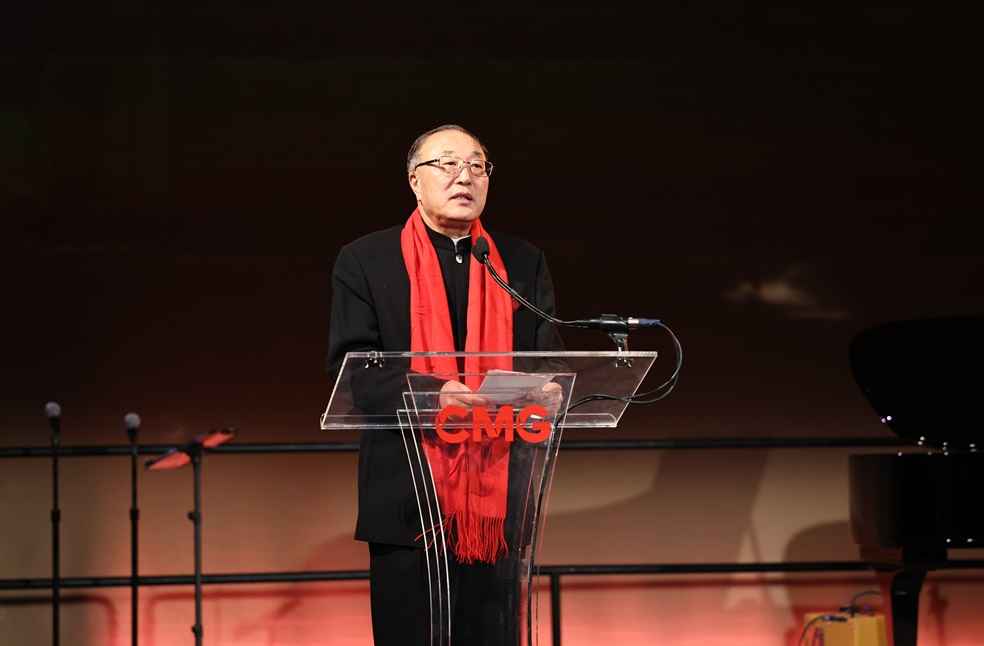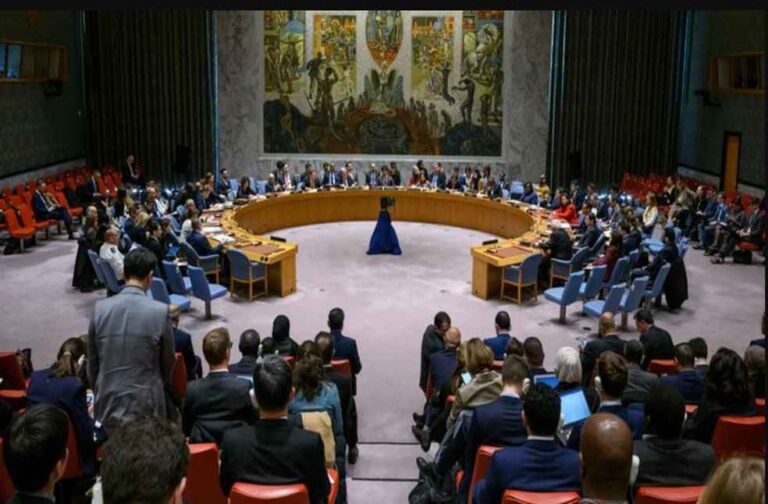United States: China has criticised the United States for vetoing a UN resolution demanding a ceasefire in Gaza. Beijing responded that the move sent the “wrong message” and effectively gave a “green light to the continued slaughter.”
The White House stated that the resolution proposal from Algeria would “jeopardize” talks to end the war. The United States has proposed a temporary ceasefire resolution, warning Israel not to attack the town of Rafah.
As fighting continues in Gaza, the US decision to block Algeria’s resolution has been widely condemned. 13 of the 15 UN Security Council members supported it, with the UK abstaining. Zhang Jun, China’s ambassador to the United Nations, responded to the veto by dismissing the claim that the motion would interfere with ongoing diplomatic negotiations as “totally untenable.”
“Given the situation on the ground, the continued passive avoidance on an immediate ceasefire is nothing different from giving a green light to the continued slaughter. The spill-over of the conflict is destabilising the entire Middle East region leading to rising risk of a wider war. Only by extinguishing the flames of war in Gaza can we prevent the fires of hell from engulfing the entire region,” Zang Jun added.

Algeria’s top diplomat at the UN stated that, “Unfortunately the Security Council failed once again.” “Examine your conscience. How will history judge you?” Amar Bendjama remarked.
US allies also criticised the move. France’s UN representative, Nicolas de Rivière, expressed regret that the resolution was not adopted “given the disastrous situation on the ground.” According to Linda Thomas-Greenfield, Washington’s ambassador to the UN, it was not time to call for an immediate ceasefire while talks between Hamas and Israel continued.
Her UK counterpart Barbara Woodward said the plan could “actually make a ceasefire less likely” by jeopardising negotiations. Approximately 1,200 people were killed and more than 240 taken hostage during an attack by Hamas in southern Israel on October 7 that prompted Israel’s intervention in Gaza.

More than 29,000 people have died in Gaza during the Israeli military campaign, according to the Palestinian Authority’s Hamas-controlled Ministry of Health. The White House previously avoided the word “ceasefire” during a UN vote on the war, but it remains uncertain whether the Security Council will vote on the suggestion.
Additionally, a major ground offensive in Rafah would reduce civilian safety and contribute to further displacement of civilians, perhaps into neighbouring countries, such as Egypt. Israel’s Prime Minister Benjamin Netanyahu stated that he was “committed to continuing the war until we achieve all of its goals” and no pressure could alter it.
After being forced to seek shelter, over a million displaced Palestinians, nearly half of the Gaza Strip’s population, are crammed into Rafah. The southern city, which borders Egypt, had a population of only 250,000 before the war. Many of the displaced live in makeshift shelters or tents in poor conditions, with no access to safe drinking water or food.
The UN said that, Israel’s planned attack on the city could result in “carnage.” According to the Israeli military, it is only targeting Hamas fighters. Benny Gantz, an Israeli war cabinet member warned that, the ground assault will be launched unless Hamas frees all its hostages by 10 March.



